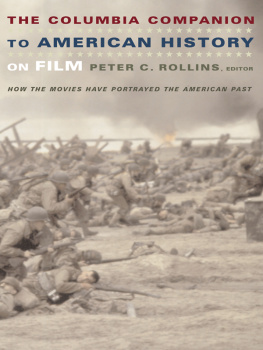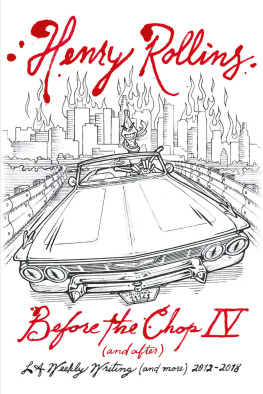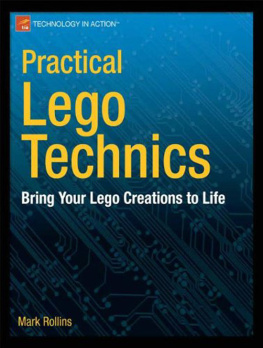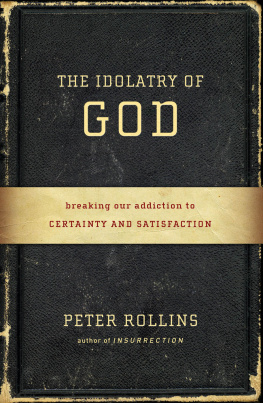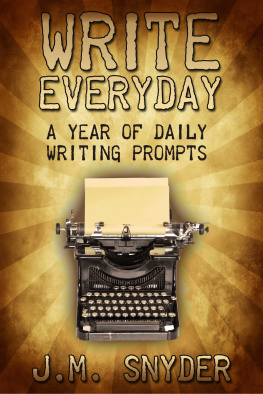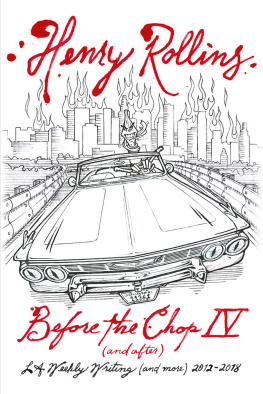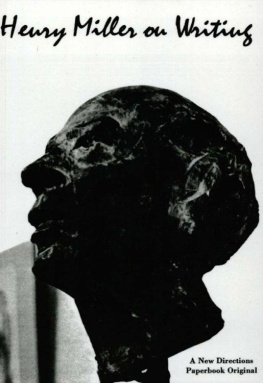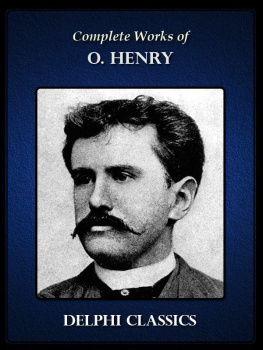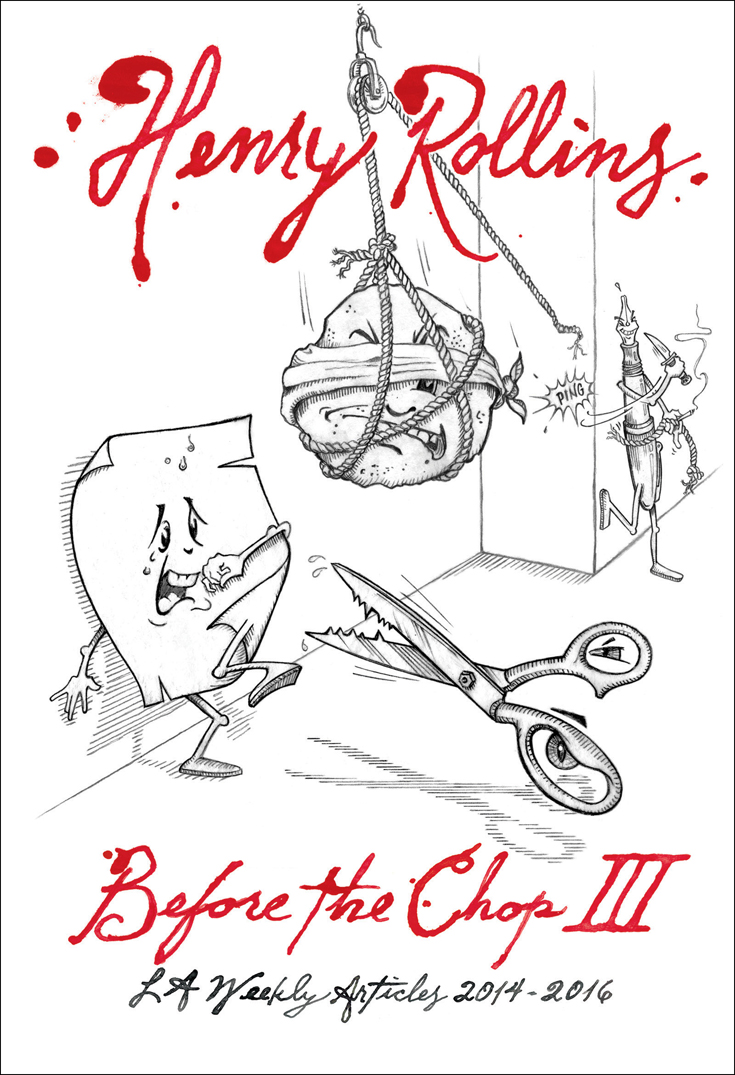
BEFORE THE CHOP III 2017 Henry Rollins
All rights reserved. No part of this book may be used or reproduced in any manner whatsoever without written permission of the publisher.
Published by
2.13.61
7190 W. Sunset Blvd #602
Los Angeles, CA 90046
www.21361.com / www.henryrollins.com
ISBN: 978-1-8809-8597-7 (eBook)

Thanks to Heidi May & Mitch Bury of Adams Mass.
Thanks to Shelley Leopold and Gustavo Turner for the hire
Thanks to Andy Hermann at the LAW for editing
Thanks to Carol Bua
Layout and design: Dave Chapple
Back cover portrait: Heidi May
JOE COLE 04.10.61 12.19.91
Table of Contents
Guide
CONTENTS
As I write this, I have been gainfully employed at the LA Weekly for almost seven years. As far as I can remember, I have not missed a deadline and hopefully not put out any of the editors who have been tasked with making sense of what I hurl at them every Tuesday.
What distinguishes these versions from the ones you can easily find online and in print is that they have not been shortened for space or had their titles changed. In many ways, nothing in this book is new as all of it is on the LA Weekly site and many people are understandably more inclined to visit a site, glean the information and move on than carry a book around. For those, I am glad the work is there and accessible at no cost. I also think there is something cool about having a collection of something in an organized and defined edition, hence this third installment of Before The Chop.
I had to come up with an idea for the cover. I kept coming back to the rock, paper, scissors idea. I eventually came up with a visual that would hopefully make sense. I sent it into our amazing layout guy, Dave Chapple, who turned the artwork around and sent it to me. It was when I saw the image that I got excited about the book. In the final stage of a books completion, I am so focused on trying not to screw it up that its difficult to get beyond concentration, frustration and relief.
I would like to thank you for checking out the pieces as they materialize. Its not always easy to cough up one thousand words a week, so I apologize if at times the broth is a little thin. Writing for the LA Weekly has become a part of my life. No matter where I am or what I am doing, I must get the work in on time. I quite enjoy this obligation. Much of this books contents were written in moving vehicles, backstage areas and, in as often the case, several shades of sleep deprivation.
I hope you like the book. Thats all its about.
Henry
LA WEEKLY #201
11-27-14
Rolling Tape On Rock History
For the last few days, I have been living in hotels, spending nights onstage and dragging myself through up to three airports a day.
I had two shows in Iowa, Des Moines and Iowa City, and one in Stoughton, Wisconsin. These were my last three shows of the year and my last major obligationbut then things changed. Adding to the promise of a show a night, I tasked myself with additional work by a pervasive inability to say no to that which I dont have the time or skill to do but cant resist.
I think that Greil Marcus is one of the best music writers there has ever been. Many years ago one of his books, Mystery Train , was recommended to me. I read it and was knocked out. He has an uncanny ability to write about and take in so much around the subject of music. Its as if he is able to fit the entire world underneath musics umbrella.
Perhaps one of the reasons Im such a fan is that when I listen to music, what I hear is always much more than music. I bet youve had that experience when you put on a record and your mind goes all over, through years, effortlessly linking memories together, sometimes with such intensity that you barely notice the record has come to an end. I dont believe in magic but music has something that is scary strong and Greil seems to be able to pull realizations out of the ether and connect the dots in ways that allow you to think of artists and songs in different ways. Over and over again, he is able to make music mean more.
Mr. Marcus has just released his newest book, The History of Rock n Roll in Ten Songs , on the Yale University Press. It is like no other music book I have ever read. In each chapter he takes a song and stretches, bends and attaches it to different time periods, artists and bands. No matter how far out he gets, hes still totally inside.
Marcus hits the idea that in order to write about music it requires you to write about almost everything but the music, that the music is in everything you write. If you write about one piece of music, if you tap into the true voice of music, you end up writing about all music, all players and all the listeners. The tangential expeditions some passages of the book take the reader on are extremely rewarding.
He writes about Remember (Walking in the Sand), written by Shadow Morton and performed by the Shangri-Las, and notes the frequent intensity of the groups performances: .
The record is melodramatic, distant, dark, hard to catch, moving the way you walk in the sand, the ground slipping under your feet. It began with heavy bass notes on a piano, reached past itself with the faraway cawing of seagulls, a sardonic chorus of ghosts snapping fingers, and harsh, cold voice chanting Remember, as if the singer telling the story could ever forget. On paper it was about a boy telling a girl they were through; on record, like all of the Shangri-Las best records, it was about death. The cadence was blunt, broken, stark. What will happen to / The life I gave to you? / What will I do with it now?
I dont know if you have spent much time with their catalog but its true, the Shangri-Las were totally heavy. Marcus understands this so well.
His deconstruction of an artist is done through a jewelers loop, with surgical precision. On page 83, he makes comment on Beyonces performance at the 2013 Super Bowl:
She seemed someone entirely composed of money. Her gorgeousness was a concept, and as a concept it was automatic and finally bland. Unlike Elvis, Little Richard, the Beatles, Bob Dylan, Madonna, Tupac Shakur, Eminem, or Lady gaga, she divided no one from anyone else. You didnt have to have an opinion about her, you only had to acknowledge her mastery, and it was impossible not to, even though the longer you looked, the less there was to see.
When not getting ready to go onstage, or trying to get more than a few hours of sleep, I have been reading and re-reading Greils fantastic new book, sitting in small seats on airplanes and hotel coffee spots, reading the text out loud. I was asked to do the audio version of this book, which I start a few hours from now. There was no way I could refuse. The producers initially booked two and a half sessions. I lobbied for an extra day and got it. Greil Marcus wrote a great book. I want to get the audio version just right.
As soon as the last show was wrapped, preparation for the studio became an obsession. This is the only way I am going to get through the upcoming sessions. Much of Marcus sentence structure is complex, almost operatic. I am intimidated.
Greil Marcus is a music fanatic. He lives and writes from deep within it. I hope that I will be able to come from that space and bring his great words to life over hundreds of pages, hour after hour. Its great to know that there are still people who are captivated by music and are so impassioned by its immense power. Just thinking about getting started, the fatigue of the last several months has just evaporated. Thats what music can do.


